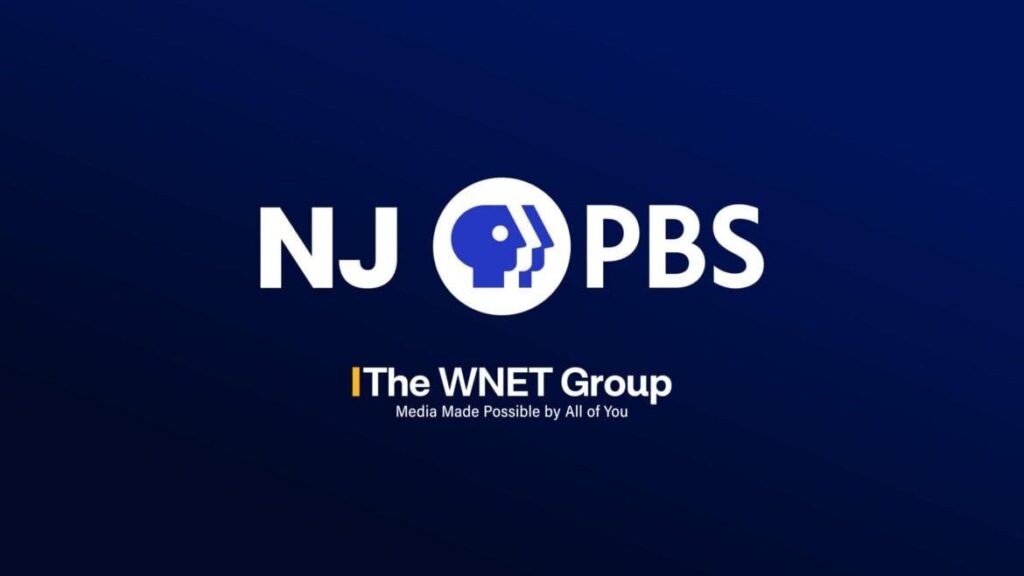In a significant blow to public broadcasting in New Jersey, NJ PBS has announced plans to cease operations by 2026 in response to severe funding cuts to public television. The decision, prompted by dwindling financial support amid changing priorities in state funding, raises concerns about the future of educational programming and community access to vital information. As public broadcasters across the nation navigate similar challenges, the impending shutdown of NJ PBS highlights the crucial role that local media plays in the fabric of state communities and the potential repercussions of diminishing public investment in these services.
Impact of Funding Cuts on New Jersey’s Public Broadcasting Landscape
The recent funding cuts to public broadcasting have sent shockwaves through New Jersey’s media landscape, resulting in the impending closure of NJ PBS in 2026. This drastic decision reflects a larger trend of diminishing financial support for public media, impacting not only the station’s operational capabilities but also its ability to provide essential programming to the community. As local newsrooms shrink and independent journalism faces hurdles, NJ PBS has played a crucial role in disseminating local stories, enriching cultural programming, and educating residents about statewide issues. With its closure, there are serious concerns about the void that will be left in public discourse and how it will affect access to unbiased information.
The ramifications of these funding cuts extend beyond just one station; they reflect a broader national narrative concerning the sustainability of public television. Stakeholders are raising concerns over the following points:
- Diminished Viewer Access: A significant loss in regional content could alienate local viewers who rely on NJ PBS for news relevant to their community.
- Impact on Educational Programming: The cancellation of children’s educational programs may hinder early learning opportunities for young New Jerseyans.
- Job Losses: The closure will likely result in job losses, further affecting the local economy and contributing to an already challenged job market.
In addition, community engagement, which has been fostered through public broadcasting initiatives, will see a decline, stifling opportunities for dialogue on crucial issues. Local organizations that collaborated with NJ PBS for programming and outreach will also feel the impact as they seek alternative avenues for community interaction and education.
Future of Educational Programming in New Jersey Post-NJ PBS Shutdown
The looming shutdown of NJ PBS in 2026 has raised significant concerns about the future of educational programming in New Jersey. With impending cuts to public television funding, many educators and parents fear the loss of essential resources that have long contributed to early childhood education and essential learning for students. NJ PBS has been a cornerstone of accessible educational content, providing not only programming suited for children but also critical resources for professional development for teachers across the state. As this vital platform faces closure, alternative strategies must be considered to fill the potential gap left in educational media.
In the wake of these developments, several innovative approaches could emerge to sustain and even enhance educational programming. Stakeholders may explore:
- Community Partnerships: Collaborations with local organizations to develop localized content.
- Digital Platforms: Leveraging online tools and streaming services to create a greater reach.
- Curriculum Integration: Incorporating accessible media into classroom curricula to support diverse learning styles.
Furthermore, the state could consider establishing a new funding model that diversifies revenue streams while focusing on educational content quality. A potential framework could look like this:
| Funding Source | Description |
|---|---|
| State Grants | Increased allocations for educational programming initiatives. |
| Corporate Sponsorships | Partnerships with businesses to support educational outreach campaigns. |
| Community Fundraising | Utilizing local events and initiatives to engage community contributions. |
These efforts must be strategically implemented to ensure that educational programming in New Jersey continues to thrive, fostering a rich learning environment for future generations. The transition presents an opportunity to rethink and reinvent how educational media can serve the community, adapting to new technological landscapes while maintaining a commitment to quality and accessibility.
Strategies for Preserving Local Public Media Amidst Financial Challenges
The looming shutdown of NJ PBS in 2026 highlights the urgent need for innovative approaches to sustain local public media in the face of diminishing funding. As traditional revenue streams dwindle, it is crucial to explore alternative strategies that can bolster financial stability. One effective method could be establishing community partnerships that align local organizations with public broadcasters, allowing for mutual support through shared resources and co-hosted events. Furthermore, embracing crowdfunding campaigns can engage viewers directly, transforming them into active stakeholders invested in the survival of their local media outlets.
Moreover, adapting to the digital landscape presents numerous opportunities for growth and outreach. Implementing a subscription model for exclusive content can provide a steady income stream while simultaneously enhancing viewer loyalty. Workshops and public forums discussing media literacy can fortify community ties, enhancing the relevance of public media in today’s information-driven society. Finally, collaborative projects with independent creators can diversify content offerings, allowing for a richer and more diverse range of programming that appeals to a broader audience and strengthens the station’s position in the media landscape.
Concluding Remarks
As New Jersey’s PBS stations brace for a significant transformation ahead of their anticipated shutdown in 2026, the implications of federal and state funding cuts raise pressing questions about the future of public television in the region. This development underscores the delicate balance between financial sustainability and the commitment to quality educational programming that has long been a hallmark of NJ PBS. As community stakeholders and viewers grapple with the potential loss of a beloved resource, discussions about the value and future of public broadcasting in a rapidly changing media landscape will undoubtedly intensify. The ripple effects of this decision will extend beyond the airwaves, affecting local content creation, cultural enrichment, and the state’s commitment to fostering an informed citizenry. As the countdown to the closure begins, the hope remains that collaborative efforts may yet safeguard the spirit of public television in New Jersey for generations to come.
